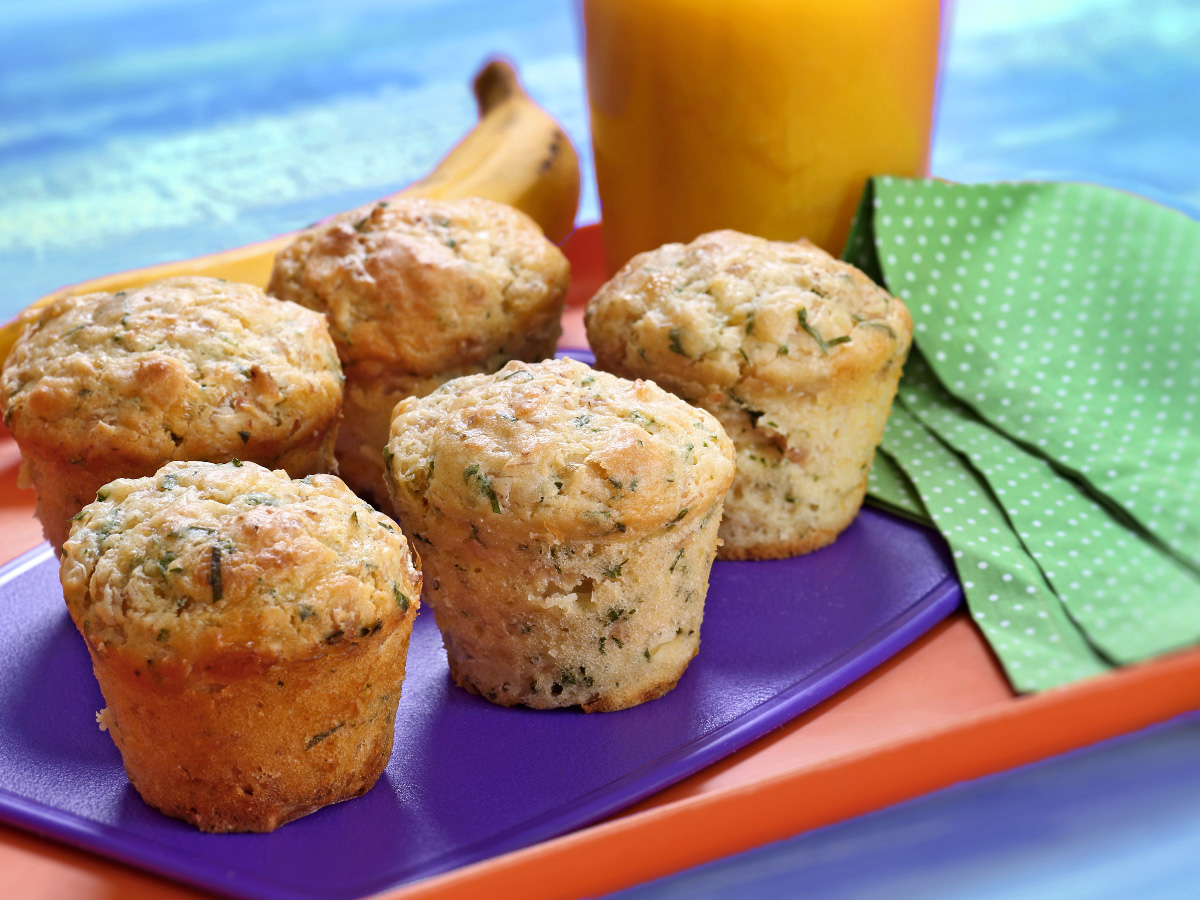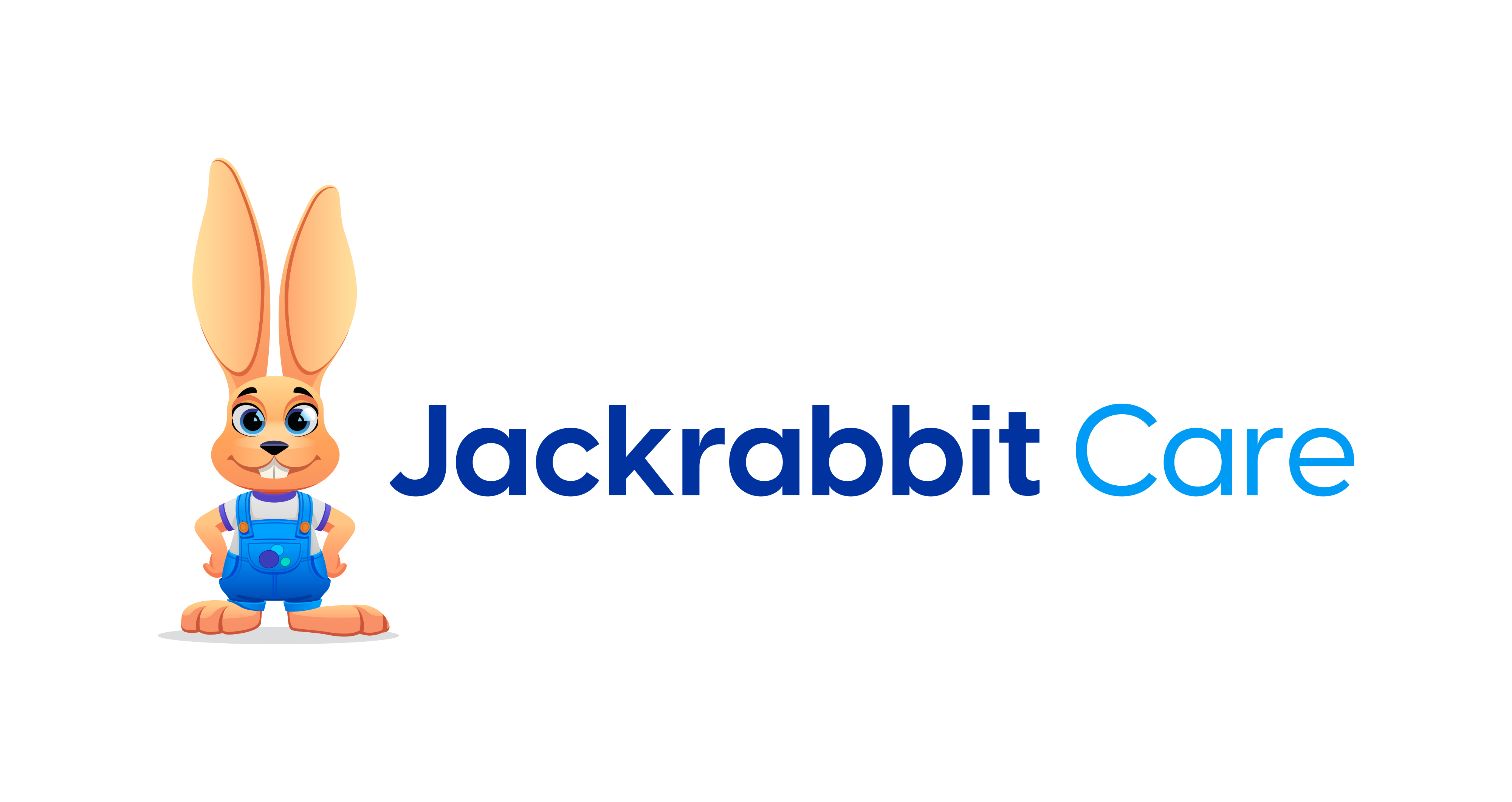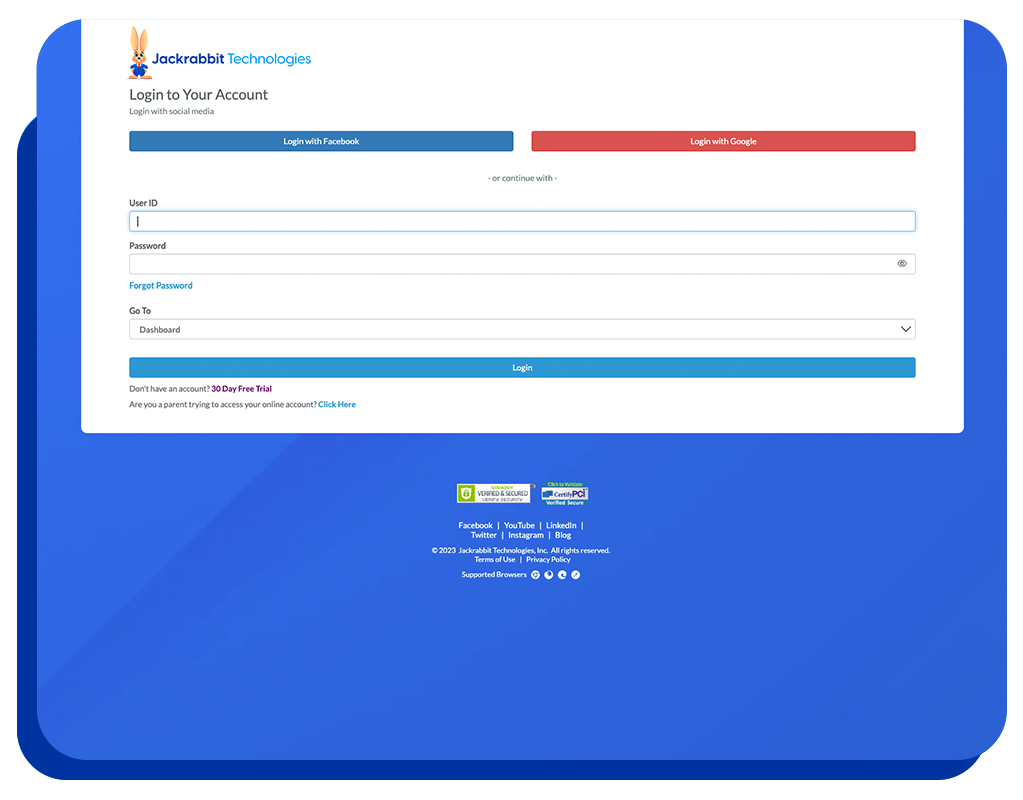To prepare your kids for life beyond home care, it’s important to establish healthy eating habits early on in their lives.
These easy meals can be made at home and brought into daycare or child care center for lunch each day, or you can make the recipes yourself in bulk.
Either way, these meals provide your kids with fresh ingredients, vitamins and minerals, and plenty of energy, ready to learn throughout the day.
What to Include in Your Child’s Lunch?
What your child eats at daycare is important, but it’s only one part of their diet. They may eat healthy at home—and even enjoy it—but they won’t get all of their nutrients if they have an unhealthy lunch or snack while in daycare.
Main dish
A meat, cheese, or egg can be placed on or between slices of whole wheat or gluten free bread for sandwiches or tortillas for a healthy wrap. Add lettuce and tomatoes for color and important nutrients for the filling. Hummus or tofu are good vegetarian meatless options for easy and healthy wraps.
Fruit/veggies
Fruits and vegetables are so much more than healthy snacks – they’re colorful, too! Studies show they’re low in calories but high in fiber and vitamins. When choosing fresh produce, pick out different colors whenever possible to get a wide variety of nutrients. If possible, include a selection of fruits or vegetables in every meal to round out your child’s lunch with dietary fiber and antioxidants.
For example, red peppers contain lycopene, an antioxidant that protects your heart; carrots contain beta-carotene to promote healthy vision, and spinach is rich in iron to help increase your energy levels.
Snacks
While there is no one-size-fits-all solution, you can create tasty snacks that are also good for your children with some careful thought.
A healthy snack is essential when it comes to providing your child with enough energy and nourishment throughout the day. This can be hard, though; there’s so much sugar and unhealthy ingredients added to most snacks that it’s difficult to know what to provide.
Include vegetables along with protein sources like peanut butter or tofu, to ensure you’re getting all essential nutrients for optimal health and development.
For older kids, throw some fresh fruit into their lunch box, sandwiches, etc.
Your snacks should be healthy, nutritious, and safe no matter what you choose. Start by focusing on fruits and vegetables, lean proteins (like Greek yogurt or tofu), nuts, and whole grains. Make sure you avoid added sugars, artificial flavors, and preservatives when possible.
Dairy ideas
These kinds of dairy products are great to have on hand because they’re high in calcium and good fats, promoting healthy brain function.
Calcium can help with mental clarity and focus while boosting energy. Adding some healthy fats into your diet is important because it helps reduce inflammation and lower cholesterol, both of which can improve health.
- String cheese is perfect for younger children and is fun to pull apart.
- For something sweet, pair Greek yogurt with granola. You can also add pureed fruit to plain Greek yogurt.
- For younger kids who may not be willing to try it at first, you can use 2% Greek yogurt and puree 1-2 bananas and add that; they will never know!
Helpful Tips
Pack lunches that don’t require you to cook (sandwiches, cold lunches, dinner leftovers)
A delicious, nutritious meal is one of life’s great pleasures—but you may not have time every day to cook a big meal. Instead, develop strategies to ensure you don’t resort to fast food or takeout on busy days. A few of our strategies are:
- Pack lunches that don’t require you to cook (sandwiches, cold lunches, dinner leftovers), and find fun recipes that let you prepare several servings at once (so they can be frozen and eaten later).
- Using your crockpot can also help streamline your meal prep; set it while you sleep and wake up to an easy meal you don’t have to worry about.
- Portion out snacks, so they are readily accessible each morning, like the muffins. Making nutritious snacks available throughout the week will help ensure your child gets the nutrients they need at daycare.
Kids with access to good nutrition tend to do better in school, which is just one more way eating healthy can pay off.
Conclusion
The diet of children in child care settings influences their physical and mental development. A few easy changes to meals can improve their diet: offer nutritious snacks, use whole-grain bread, serve fruits and vegetables at each meal, offer healthy dairy options, and add calcium-fortified juice or pasteurized cheese.
It is important that those who care for children be familiar with these suggestions and understand what will support positive eating habits for their charges.
Parents should also be aware of how diets are being supported in early education programs so they can take steps to reinforce healthy choices at home.















